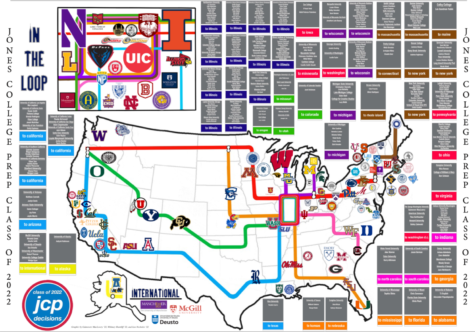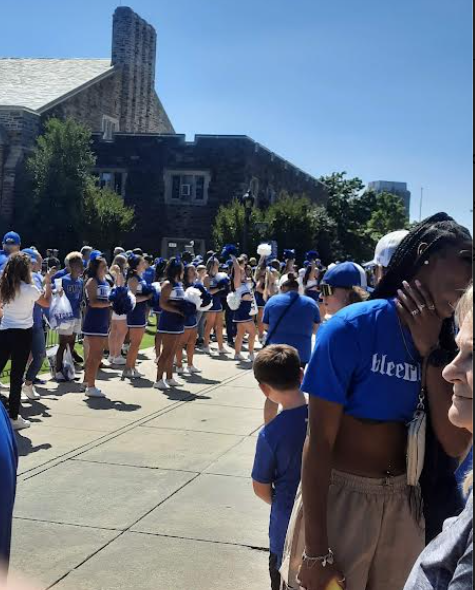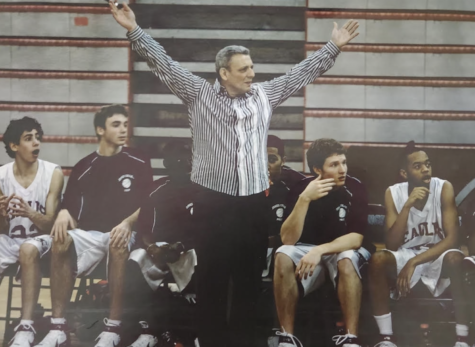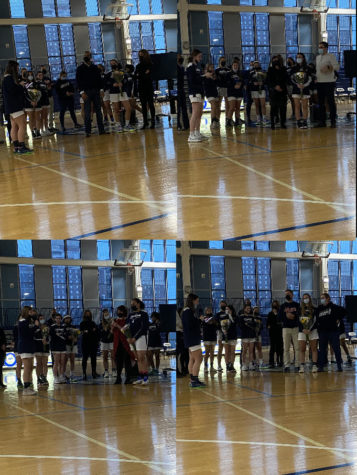Connecting past and present
Remembering 9/11 amidst domestic and foreign crises 20 years later
“I remember where I was when the first plane hit,” said no one of my generation, ever.
It feels out-of-place reflecting on something you yourself have never experienced. What credibility do I have mourning an attack that occurred over two years before I was even born? I can only speak vicariously through the experiences of family, friends, and acquaintances who recall – whether they want to or not – every morsel of minute information from the morning of September 11, 2001, down to the colors of their shoes and socks.
For those for whom a missed train or impromptu coffee stop potentially saved their lives, the day is approached from a Gladwellian stance: a combination of seemingly arbitrary factors whisked them just minutes away from death. I was amazed by the story of a woman who went into labor only to learn from her hospital bed that, had the birth of her son not prevented her from going into work at the World Trade Center, she likely would’ve never been able to welcome him into the world. Another woman claimed that Gwyneth Paltrow saved her life when the actress nearly ran her over, causing her to be late to work and avoid being trapped at her office job on one of the impacted floors. I can’t help but acknowledge the considerable effect 9/11 had on my family – even my very existence. My mom’s then-job required her commuting between Chicago and San Francisco every week. Obviously agitated by the prospect of air travel, she quit, and, not long thereafter, I came along.
The mass hysteria engendered by 9/11 has not been unfamiliar to our society as of late. A 2012 documentary, which is centered around a woman who pretended to have survived the attacks for her own emotional profiteering, characterized this fervor as almost “cult-like” – a kind of deep-seated collective trauma on which people capitalized to perpetuate conspiracy theories and other misinformation, all while ignoring its horrific real-world implications. We can see this opportunistic mindset actively manifesting itself in today’s COVID-19 crisis: loved ones are dying, and, instead of allocating their bandwidths to lifesaving vaccination efforts, many choose to foment mistrust in the very systems working tirelessly to slow the disease’s spread.
At least, after 9/11, the country at large united in opposition to a broader external threat. Now, with the polarizing intersection of radical political ends and social stratifications, it seems like we’re tearing each other apart lung from lung.
Our strife isn’t contained, either. We can’t allow our irreconcilable differences to quash any prospect of unity in the face of conflict. If there were such a thing as an “iron curtain” to curb the spread of the American way of life, September 11, 2001 may have simply been another non-descript Tuesday. And a decades-long ensuing war may not have left Afghanistan in shambles.
These are the consequences we suffer for our actions. Nearly 3,000 civilians died that fateful day, not to mention the additional 900,000 lives claimed worldwide by the 20-year War on Terror. In the wake of 9/11, Islamophobia ran rampant throughout the United States, rendering it that much harder for practicing Muslims and those of Islamic descent to exist freely in a nation already marred by centuries of ethnic intolerance. Engaging in war has never proved effectual in the most justified of times; now, comparing dated footage of people jumping from burning buildings in New York City to live coverage of Afghan children crying for their cowering mothers in Taliban-occupied Kabul, we’re forced to ponder the extent to which our unyielding pursuit of international peace has actually produced more carnage.
While I’m too young to have witnessed the events of 9/11, I wake up every day to a world fraught with its implications. We’ll not only never forget the legacies of the victims and their families, but consciously continue to remember the stakes their involuntary sacrifices hold in our complex world – for generations past, present, and yet to come.










